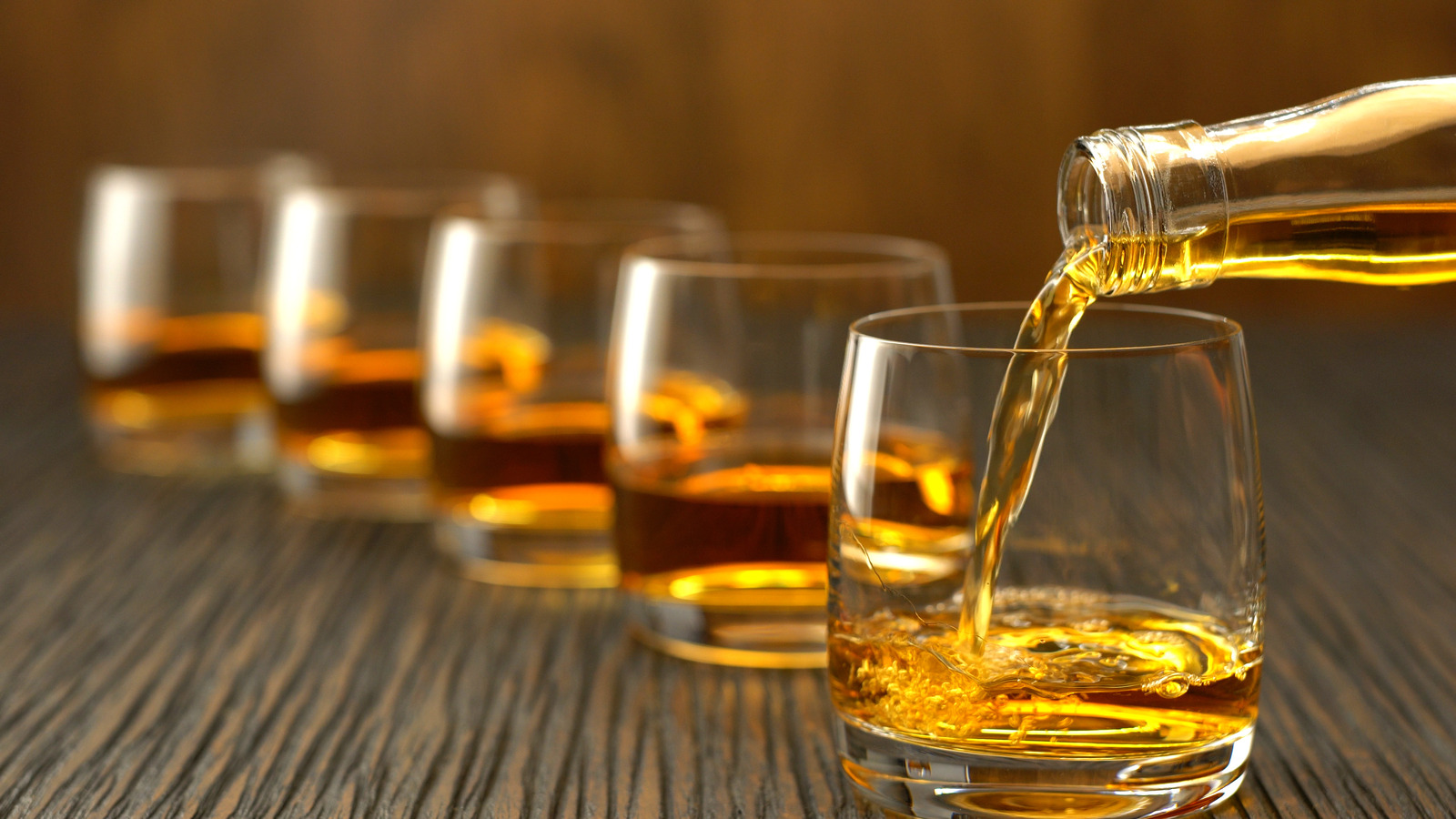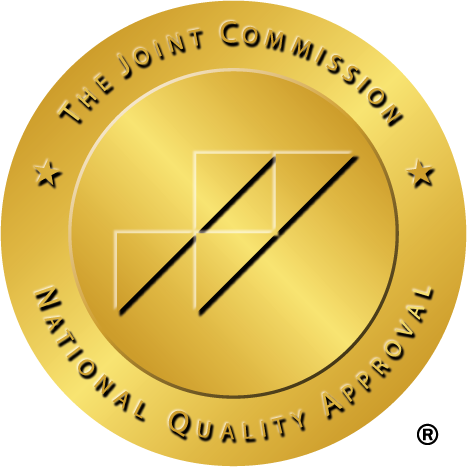Table of Contents
Key Points
- Accutane and alcohol combination poses serious health risks as both substances compete for liver processing, potentially causing inflammation, damage, and worsened side effects.
- Accutane primarily treats severe acne by reducing oil production, fighting bacteria, and decreasing inflammation, but is sometimes prescribed for other skin conditions like rosacea.
- Medical experts strongly advise against mixing Accutane with alcohol due to increased liver stress, heightened side effects, and potential reduction in treatment effectiveness.
- Despite warnings, some patients still consume alcohol during treatment, risking worsened side effects, abnormal liver tests, and treatment interruptions.
- Additional considerations include Accutane's interactions with other medications like vitamin A supplements and tetracycline antibiotics, which can create various health risks.
The combination of Accutane (isotretinoin) and alcohol presents significant health concerns that patients should understand before beginning treatment. Accutane stands as a powerful medication prescribed for severe acne, but it places substantial demands on the liver – the same organ responsible for processing alcohol. When these substances interact in the body, they can create a perfect storm of heightened side effects and potential organ damage.
What Does Accutane Treat?
Accutane primarily treats severe acne that has not responded to other treatments, including antibiotics and topical medications.[1] This prescription medication works by reducing oil production in the skin, fighting harmful bacteria, and decreasing inflammation, which makes it particularly effective for cystic acne, a painful form that can lead to permanent scarring.
Beyond its primary indication, dermatologists sometimes prescribe Accutane for other severe skin conditions.[2] These include rosacea, hidradenitis suppurativa, certain forms of folliculitis, and some cases of excessive scarring. The medication gets results by affecting the size and function of sebaceous glands while promoting cell turnover, leading to significantly clearer skin for many patients who have exhausted other treatment options.
Can Accutane Be Taken With Alcohol?
Medical experts advise against mixing Accutane and alcohol during treatment.[3] Accutane places significant stress on the liver, which must also process any alcohol consumed. This combination increases the risk of liver inflammation and potential damage as both substances compete for the same metabolic pathways.
Alcohol consumption while taking Accutane can also intensify the common side effects of the medication. Patients may experience worsened headaches, increased skin dryness, and elevated triglyceride levels. Healthcare providers typically recommend complete abstinence from alcohol throughout the entire treatment course and for several months afterward to protect liver function and ensure the medication works effectively.
What Are The Dangers of Combining Accutane and Alcohol?
Combining Accutane and alcohol creates a potentially dangerous situation that impacts multiple body systems. The liver faces the greatest burden as it must simultaneously process both substances, significantly increasing the risk of inflammation and potential long-term damage – but the risks of drinking while on Accutane go beyond liver health alone:[4]
- Elevated triglycerides: Both Accutane and alcohol can raise blood triglyceride levels, potentially reaching dangerous heights when combined.
- Increased dehydration: Both substances have dehydrating effects, which compound when used together and can worsen skin dryness and other side effects.
- Worsened side effects: Alcohol can intensify common Accutane side effects like headaches, dizziness, and vision changes.
- Compromised judgment: Alcohol impairs decision-making, potentially leading to missed doses or forgetting important precautions like pregnancy prevention.
- Reduced treatment effectiveness: The combination may interfere with how well Accutane works to clear acne.
- Heightened depression risk: Since both substances can impact mood, the combination may increase the already present risk of depression associated with Accutane.
Don’t People Still Drink While on Accutane, Though?
Yes, some people do continue to drink alcohol while taking Accutane. This often happens because patients underestimate the risks or find social pressure difficult to resist. Surveys suggest that a significant percentage of Accutane users consume alcohol at least occasionally during treatment. Every patient’s body processes both Accutane and alcohol differently, making it impossible to predict who might experience severe reactions, even from minimal alcohol consumption.
Safety Considerations
Some people may still choose to drink during treatment. If so, it’s important to understand how to minimize risks – though no amount of alcohol is considered truly safe during Accutane treatment:
- Liver monitoring: Regular liver function tests become even more critical if alcohol is consumed, so never skip scheduled blood work appointments.
- Honest communication: Always tell your dermatologist about any alcohol consumption so they can properly monitor your health.
- Hydration focus: If you do drink, increase water intake significantly before, during, and after to combat the compounded dehydration effects.
- Medication timing: Taking Accutane several hours apart from any alcohol consumption may reduce immediate liver stress.
- Quantity awareness: If abstinence isn’t followed, significantly limiting alcohol to rare, minimal amounts is less risky than regular or heavy drinking.
- Warning signs: Be alert to symptoms like abdominal pain, extreme fatigue, dark urine, or yellowing skin, which require immediate medical attention.
- Treatment breaks: Never stop Accutane without medical guidance, as this can affect treatment success.
- Alternative socializing: Consider non-alcoholic options when in social situations where drinking might be expected.
What About Other Drug Interactions?
Accutane has several significant interactions with medications beyond just alcohol. The medication interacts with various other pharmaceuticals in ways that can reduce effectiveness or increase the risk of side effects:[5]
- Vitamin A supplements: Taking additional vitamin A with Accutane increases the risk of vitamin A toxicity since Accutane is a vitamin A derivative.
- Tetracycline antibiotics: These medications, combined with Accutane, raise the risk of increased intracranial pressure, potentially causing severe headaches and vision problems.
- Blood thinners: Accutane may decrease the effectiveness of certain anticoagulants, requiring dose adjustments and more frequent monitoring.
- Certain psychiatric medications: Some antidepressants may have compounded side effects when taken with Accutane, particularly those affecting mood regulation.
- Phenytoin: This seizure medication may interact with Accutane, potentially altering blood levels of both drugs.
- Corticosteroids: The combination increases the risk of osteoporosis and other bone-related issues during long-term treatment.
- Hormonal contraceptives: While not dangerous, Accutane may reduce the effectiveness of some birth control methods, which is particularly concerning given the medication’s severe risks to fetal development.
Getting Help
Seeking assistance when struggling with Accutane side effects or alcohol use is an important step toward protecting your health. Speaking openly with your healthcare provider about any challenges you experience allows for proper monitoring and potential treatment adjustments. Your dermatologist can offer strategies for managing side effects, recommend appropriate support resources, or refer you to specialists if needed.
For those concerned about alcohol consumption during Accutane treatment, various support options exist. These range from speaking with healthcare professionals who can provide medical guidance to connecting with support groups that offer understanding and practical advice. Mental health professionals can also help address underlying concerns that might contribute to risky behaviors.
Frequently Asked Questions
Below are some of the most frequently asked questions regarding these two substances
Sources
[1] Cleveland Clinic. (2024). Accutane (Isotretinoin): Warnings & Side Effects. Cleveland Clinic. https://my.clevelandclinic.org/health/drugs/19186-isotretinoin-capsules on March 17, 2025
[2] Nickle, S. B., Peterson, N., & Peterson, M. (2014). Updated Physician’s Guide to the Off-label Uses of Oral Isotretinoin. The Journal of Clinical and Aesthetic Dermatology, 7(4), 22. https://pmc.ncbi.nlm.nih.gov/articles/PMC3990537/ on March 17, 2025
[3] Isotretinoin and Alcohol / Food Interactions. (n.d.). Drugs.com. https://www.drugs.com/food-interactions/isotretinoin on March 17, 2025
[4] Isotretinoin (Oral Route) Description and Brand Names – Mayo Clinic. (2020). Mayoclinic.org. https://www.mayoclinic.org/drugs-supplements/isotretinoin-oral-route/description/drg-20068178 on March 17, 2025
[5] Pile, H. D., & Sadiq, N. M. (2020). Isotretinoin. PubMed; StatPearls Publishing. https://www.ncbi.nlm.nih.gov/books/NBK525949/ on March 17, 2025
New Waters Recovery Editorial GUIDELINES
At New Waters Recovery, we take your health and wellness seriously. We have a thorough process in place to ensure the integrity of information that is displayed on our website. All content published to our site undergoes a rigorous medical review by a doctorate level clinician to ensure medical accuracy. Read More About Our Process




